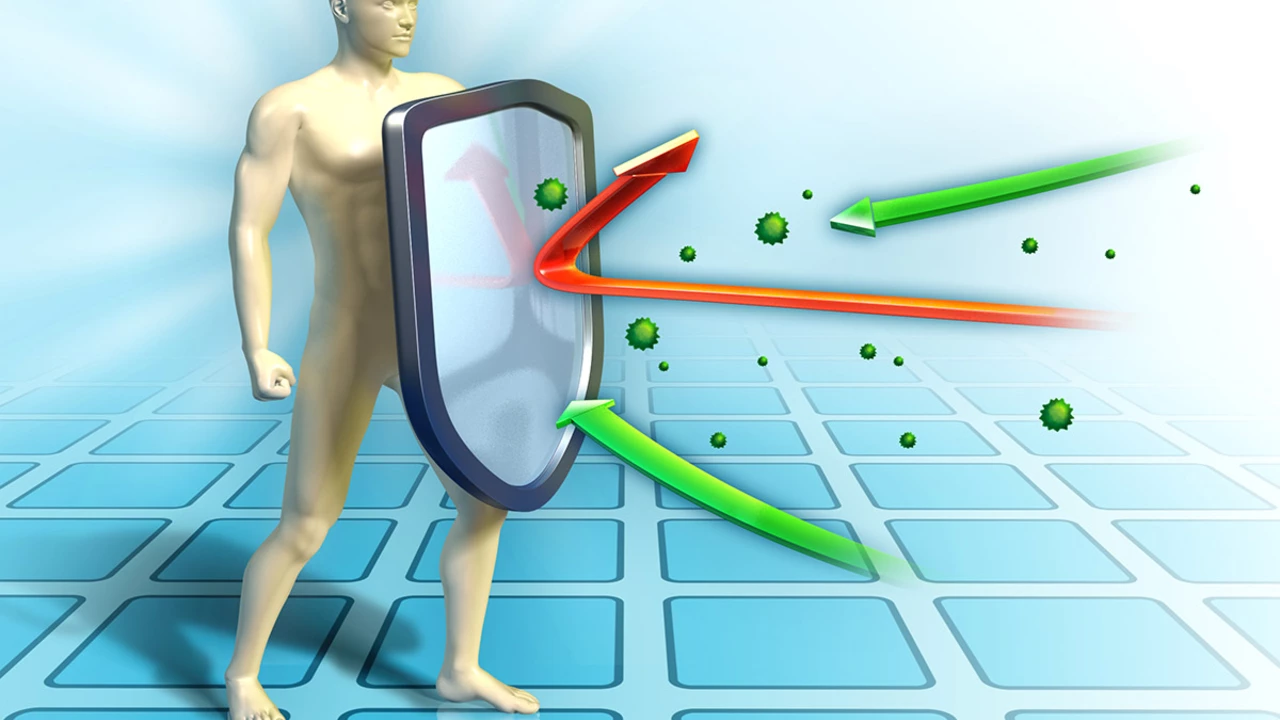How Insomnia Weakens Your Immune System — What You Need to Know
Missing sleep doesn’t just make you tired; it changes how your body fights germs. When you cut sleep short, immune cells called T-cells and natural killer cells don't work as well, so infections get an easier foothold. A clear finding from sleep research shows people who sleep less than six hours a night get sick more often after exposure to viruses. That’s not vague — it's measurable: antibody responses drop after poor sleep, making vaccines and recovery less effective.
Insomnia also raises inflammation. Your body releases stress hormones and inflammatory signals when sleep is scarce, and that constant low-level inflammation makes your immune system less precise. You end up with a system that’s both sluggish at fighting new threats and more likely to misfire on healthy tissue. People with chronic sleep problems report more colds and slower wound healing, and laboratory tests back up those reports.
Simple habits that help
You can improve sleep and give your immune system a boost without extreme measures. Start with a fixed wake-up time and stick to it every day — even weekends. Dim lights and turn off screens at least 60 minutes before bed; blue light interferes with melatonin and confuses your sleep clock. Keep the bedroom cool, dark, and quiet. Avoid big meals, caffeine, and alcohol in the hours before bed; they disrupt sleep cycles and reduce REM and deep sleep stages that matter for immune repair.
When to act and what to expect
If insomnia lasts more than a few weeks, talk to a clinician. Behavioral treatments like cognitive-behavioral therapy for insomnia (CBT-I) work better long term than sleeping pills and they restore healthy sleep patterns that support immunity. Short-term use of sleep aids can help in specific situations, but they don’t fix the underlying sleep architecture that the immune system needs. Track your sleep with a simple diary for two weeks — note bedtime, wake time, naps, caffeine, and how you felt — and bring that to your appointment.
What you eat and move matters too. Regular moderate exercise improves sleep depth, but avoid vigorous workouts within two hours of bedtime. A light snack with protein and carbs an hour before bed can prevent waking hungry. Short naps of 20 to 30 minutes help without ruining night sleep; skip long afternoon naps if you have insomnia. Morning sunlight for 15 to 20 minutes helps set your circadian clock and boosts daytime alertness. If you notice weight gain, night sweats, or mood swings with insomnia, mention those — they can point to medical causes that need treatment.
Small changes add up. Improving sleep by even one hour per night can raise antibody responses and reduce inflammation markers. That means fewer sick days, better vaccine response, and faster recovery when you do get ill. Focus on consistent routines, manage stress with short breathing or walking breaks, and prioritize sleep like any other health habit. Your immune system will thank you. Act early and treat sleep like basic medicine. It really pays off daily.
Well, folks, brace yourselves because we're diving into the land of sleep, or lack thereof, and how it's playing tug-of-war with our immune systems! You see, when insomnia decides to throw a never-ending party in your life, your immune system is the grumpy neighbor who suffers. Recent studies suggest a firm handshake between the two, where sleep deprivation can lead to a weakened immune system, making us more susceptible to illnesses. Now, isn't that a plot twist? So, remember, next time you're pulling an all-nighter, you're not just losing sleep, you're also giving your immune system a hard time!

